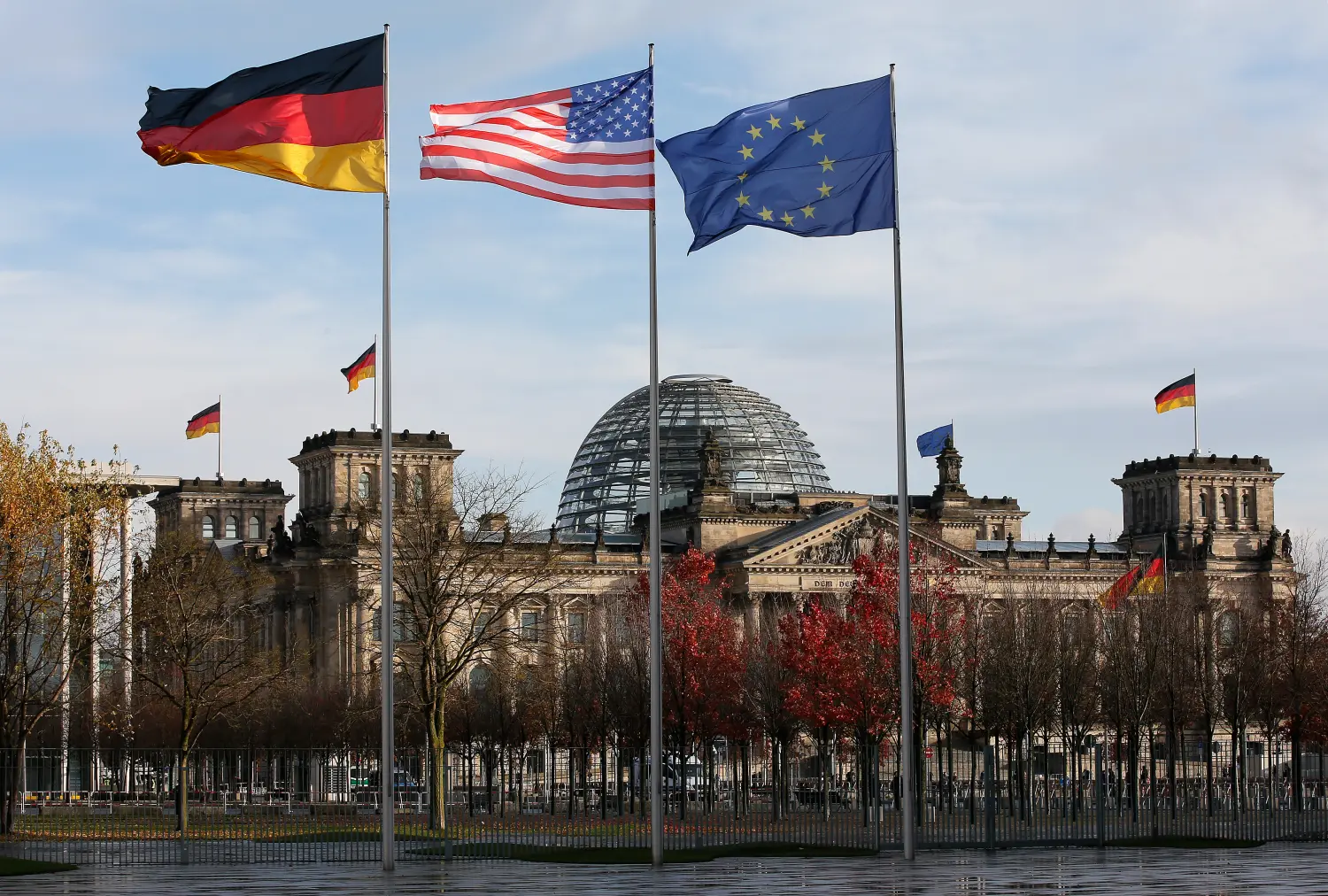INTRODUCTION:
Nearly three years ago, when Turkey’s moderately Islamic Justice and Development Party (AKP) won early elections in a landslide and firmly consolidated its hold on power, the country appeared ready for a new and more democratic constitution – one that would finally replace the 1982 document written under military rule. Yet, what emerged shortly after the elections was not a new constitution but a major political crisis. Unable to establish a parliamentary consensus, Prime Minister Erdogan opted for a minor constitutional reform package, which nearly cost the closure of the AKP and ended his political career. Giving major ammunition to his secularist critics, the AKP passed (with the support of the Nationalist Action Party) a law that lifted the ban on Islamic headscarves in Turkish universities. This constitutional amendment led to the Chief Prosecutor’s indictment demanding the closure of the AKP on the grounds that it exhibited an Islamist agenda.
After months of political paralysis, the AKP and Erdogan survived by a whisker. In May 2008, the Constitutional Court narrowly decided not to ban the party. Yet, the AKP was still found guilty of nurturing an Islamist agenda. All hopes for constitutional change vanished and a bitter power struggle between pro and anti-AKP camps began. The country became increasingly polarized particularly in the framework of the “Ergenekon case” – an investigation that has led to the arrest of dozens of retired and active duty military officers, as well numerous secularist activists, on charges of plotting multiple coups with the alleged aim of preserving Turkey’s secular institutions.
Today, Turkey is once again in the midst of a major constitutional debate. As usual, the political and electoral stakes are high. The AKP and proponents of constitutional changes argue that the newly proposed reforms would promote democracy and bolster Ankara’s bid for membership in the European Union. Not surprisingly, the secularist opposition maintains quite a different view. They see these reforms as steps that would seriously undermine the independence of the judiciary while further reducing the autonomy of the military. Their position is quite predictable since they are primarily concerned about Islamization and the authoritarian tendencies of the government. This position is particularly embraced by the Republican Peoples Party (CHP), the main opposition force in the Turkish Parliament. The CHP considers the Ergenekon case a pro-AKP judicial plot to silence all the secularist critics of the government in order to establish an Islamist and authoritarian state. As a result, the main opposition appears more interested in scoring political points against the AKP than supporting the proposed reforms.
The Brookings Institution is committed to quality, independence, and impact.
We are supported by a diverse array of funders. In line with our values and policies, each Brookings publication represents the sole views of its author(s).




